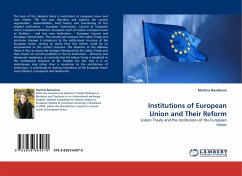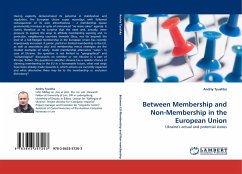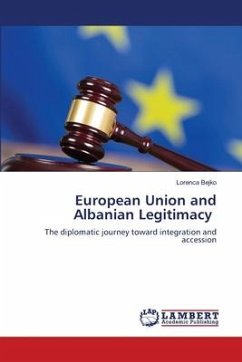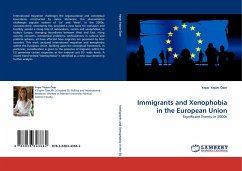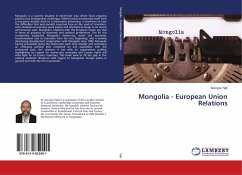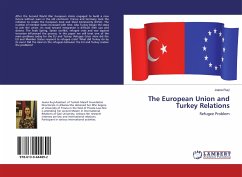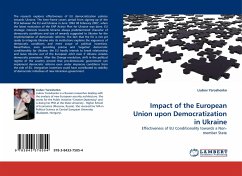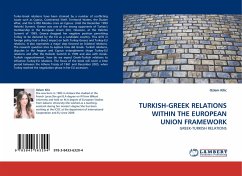The topic of this diploma thesis is Institutions of European Union and their reform. The first part describes and explains the current organisation, responsibilities, brief history and functioning of five original institutions European Commission, Council of European Union, European Parliament, European Court of Justice, European Court of Auditors and two new institutions European Council and European Central Bank. The second part analyses the Lisbon Treaty and particular changes it introduces to the institutional structure of the European Union, aiming to clarify how this reform could be an improvement to the current structure. The objective of this diploma thesis is thus to assess the changes introduced by the Lisbon Treaty and their impact on current problems in the EU institutions efficiency and democratic legitimacy, to conclude that the Lisbon Treaty is beneficial to the institutional structure of EU. Despite the fact that it is an evolutionary step rather than a revolutionto the architecture of institutions, it contributes to making institutions of the European Union more efficient, transparent and democratic.

